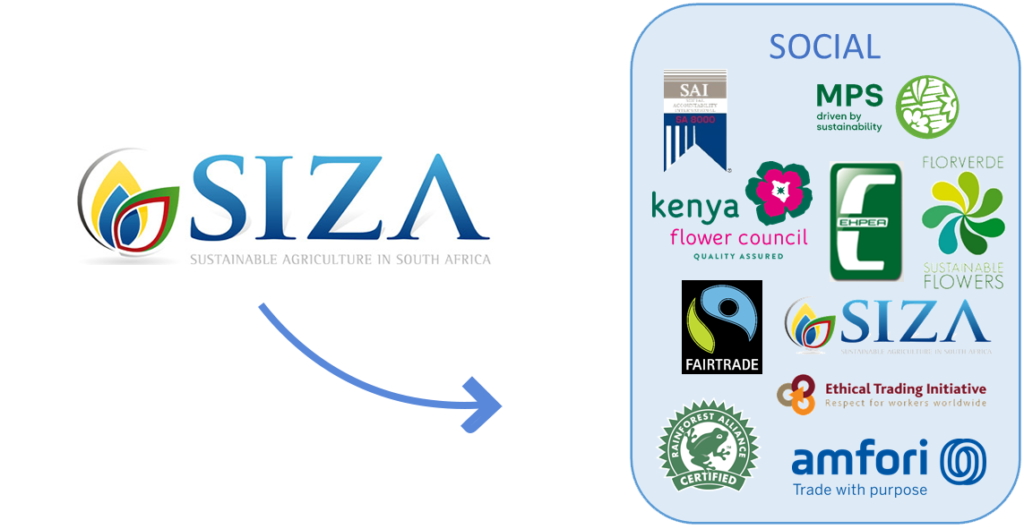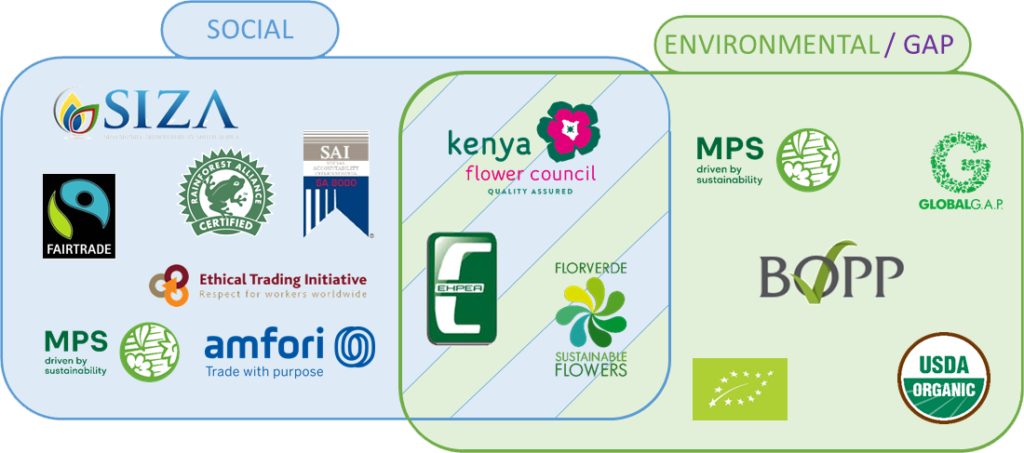On Monday, 20 May 2019, the FSI Board approved the addition of SIZA, the South African Standard for Sustainable Agriculture to the FSI Basket of Standards for Social.
SIZA has previously completed the benchmarking process against the Global Social Compliance Programme (GSCP), the FSI benchmarking partner for Social. As a compliant scheme on criteria as well as audit methodology and audit process, it is eligible to the FSI Basket for Social. This recognises that growers who have obtained the SIZA social audit certificate cultivate their products under socially acceptable conditions.
SIZA is the 15th standard joining the FSI Basket, and a great example of how local scheme owners can gain visibility and trust within the international market through benchmarking, a reward for transparency and comparability.
The Sustainability Initiative of South Africa (SIZA), a membership based free standing, non-profit company, designed to assist growers with ethical labour and environmental practice compliance whilst minimizing costs. It is a South African standard, developed, owned and operated in South Africa but aligned to global best practices. SIZA aims to have a cost-effective approach for growers by supplying one standard and one audit no matter which market a producer supplies.
What is the FSI Basket of Standards?
The FSI Basket of Standards is an instrument developed by the Floriculture Sustainability Initiative (FSI) to mainstream and promote responsible sourcing of flowers & plants in the areas of environmental and social practices.
The FSI Basket enhances transparency on standards criteria, identifies responsible sources through independent benchmarking, avoiding duplication of costs and audit fatigue in the supply chain.
The FSI members use the Basket to identify the products responsibly produced and to measure the progress towards the goal of 90% responsible flowers and plants by 2020.
More information on the FSI Basket



